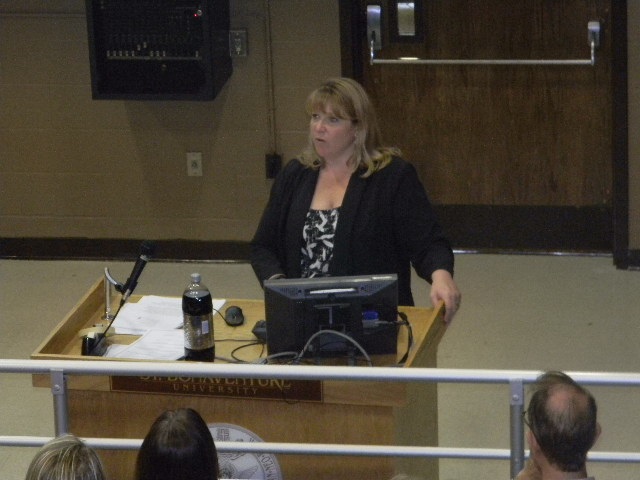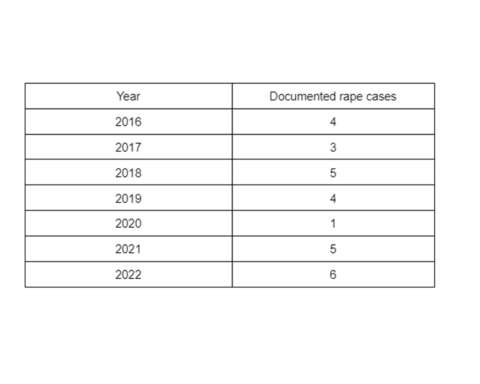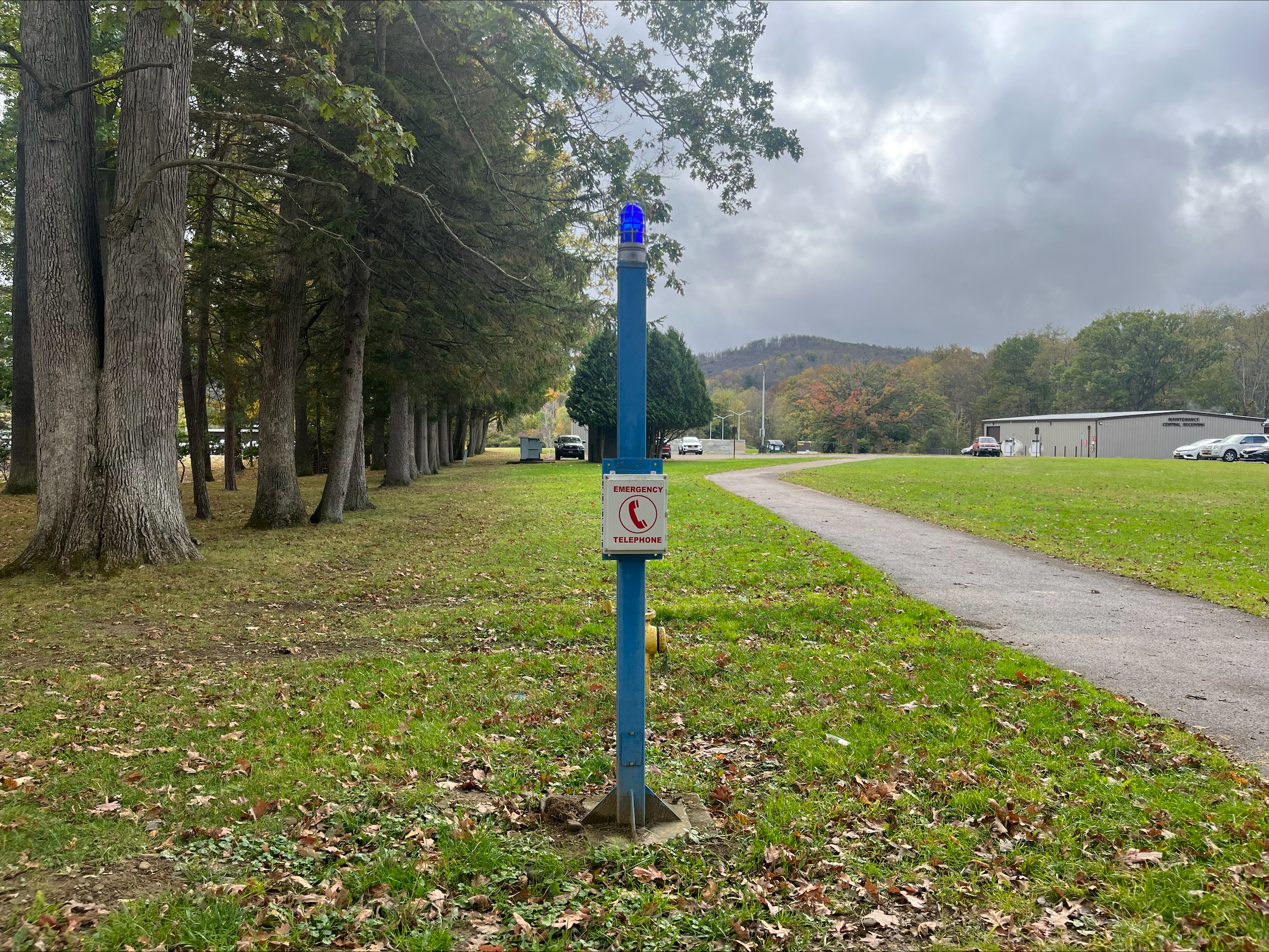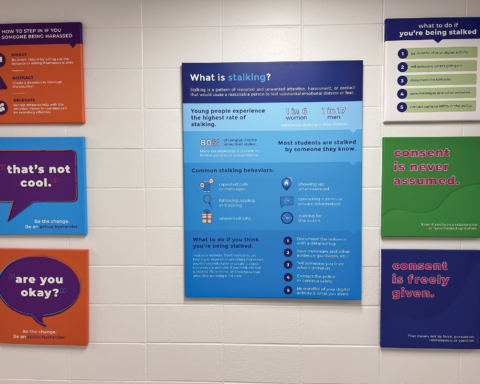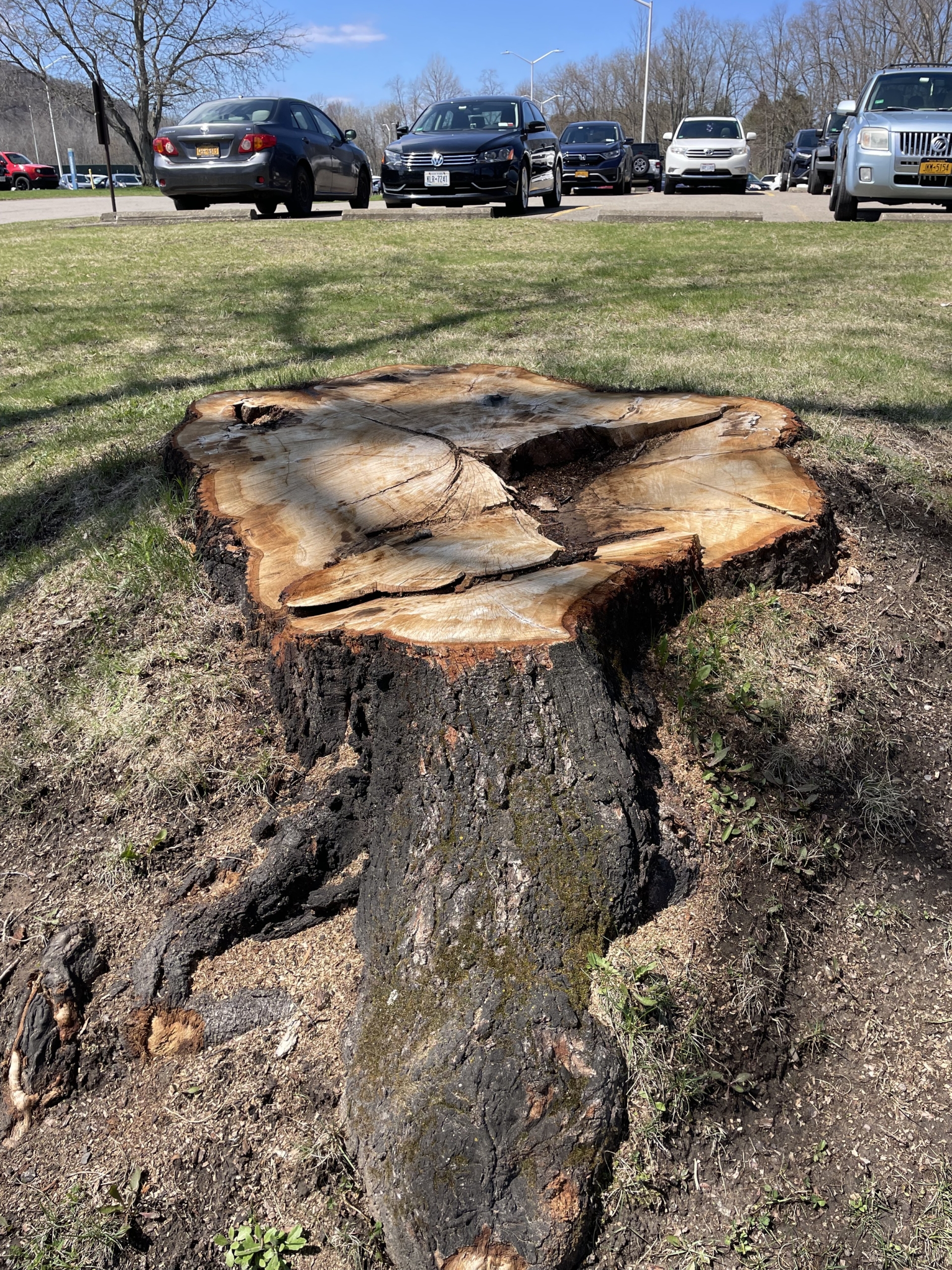By Hannah Gordon
News Editor
St. Bonaventure University’s Safety and Security released the Annual Security and Fire Safety Report on Sept. 25, revealing an increase in on-campus sexual assault.
According to the report, there was one forcible sexual offense on campus in 2012 and four in 2013. There was one case of dating violence and one case of stalking recorded for 2013 as well; no statistics on either were recorded for 2012.
According to the definitions provided by Title IX, dating and domestic violence is a “pattern of abusive behaviors used to exert power and control over a partner;” the violence can be physical, sexual, emotional, economic or psychological actions or threats of actions that influence another person. Stalking is defined by “engaging in a course of conduct directed at a specific person(s) that would cause a reasonable person to fear for his or her safety or the safety of others, or suffer substantial emotional distress.”
Vito Czyz, director of Safety and Security, said there will not be a separate category for forcible and non-forcible sexual offenses in the 2014 report.
“[Next year], we’ll be required to report what’s called ‘the big four:’ sexual assault, dating violence, domestic violence and stalking,” Czyz said. “We’re not required to report on dating violence, domestic violence and stalking this year, but we’ve had incidents, and we’ve dealt with them internally as a campus.”
Wagatwe Wanjuki, a feminist writer, speaker and activist from New York, New York, said she believes recording statistics is important because it shows the prevalence of sexual assault on college campuses.
“Tracking these statistics over time makes it easier to hold the campus accountable on two aspects,” Wanjuki said. “[The first aspect is] are students comfortable enough to report? If a school records “0” assaults we know that is not correct and it means there is a culture problem; and [the second] is the number of assaults staying the same or increasing over time? While statistics are not perfect, it has been proven by multiple studies over time that there is a high sexual assault rate on college campuses.”
Misinformation and issues of enforcement can be a problem in discussing sexual assaults on campus, according to Wanjuki.
“A lot of folks have come out of the woodwork to condemn addressing sexual violence, which is harmful for creating a world free of sexual violence,” Wanjuki said. “Title IX has been around for a long time, but it has been repeatedly violated by institutions. Another issue that can arise is that the laws do not do enough to protect all survivors. The legal system can be unhelpful to straight-up hostile to people of marginalized identities, such as trans, people of color and queer folk. Creating laws can be a good first step, but we also need to be able to go beyond just what’s on paper and have people in the systems that are support to enforce these laws to not have harmful prejudices or biases.”
According to Huffington Post, 64 colleges and universities were under investigation by the federal government for mishandling sexual assault cases on campus. Czyz said he does not believe Bonaventure will be a target for investigation.
“Those colleges didn’t follow their procedures. You have to do it right the first time,” Czyz said. “We have good procedures, a good team in place, a good investigative process, and a very good relationship with local law enforcement.”
Safety and Security is in the process of developing a written agreement with local law enforcement regarding sexual assaults on campus, according to Czyz. He said that currently Bonaventure’s procedure in dealing with cases is to answer the question “What happened?” and that is not likely to change.
“We’re not concerned about why it happened. We’re concerned about what happened,” Czyz said. “If we continue to take that approach, I think more women will be willing to come forward.”
Czyz said the “old-school” approach was to ask “Why were you wearing high heels and a short skirt to this party?” rather than simply asking what happened.
“Under no circumstances, doesn’t matter what you’re wearing, what you’re doing or what you’re drinking, nobody deserves to be a victim of sexual assault,” Czyz said. “There’s either consent or there’s no consent.”
Wanjuki said the best way to help prevent sexual violence from occurring is through education.
“Schools can prevent these incidents by making education about consent and the school’s policies in regarding how they address sexual violence mandatory,” Wanjuki said. “Most undetected campus rapists are serial rapists, so if a school kicks a rapist off campus they are actually preventing more students from being assaulted in the future. Overall, the school has to create an environment where it is clear that rape will not be tolerated, survivors will be supported, and the community recognizes that they have a stake in creating a safer campus.”
Sharon Burke, director of human resources and Title IX coordinator, led a 12 hour-and-a-half mandated Title IX training sessions for all faculty of Bonaventure with the help of Rick Trietley, vice president of student affairs and deputy coordinator of Title IX; the sessions all covered the same information and faculty had to attend one session.
“It is all about awareness,” Burke said. “What I see has happened in society is that we have become very passive and prefer to simply ignore incidents. We see things but we have been conditioned to look the other way. St. Bonaventure has taken the approach that we are a community, a family. If we see someone who needs help we simply can’t look the other way and walk by.”
Nichole Gonzalez, executive director for residential living and conduct, is developing a bystander and Title IX awareness training program, according to Burke.
“Numerous sessions will be made available to the entire student body and a new University campaign called emPower will be unveiled to assist with education and prevention,” Burke said. “If any student wishes to be more involved they should reach out to Nichole, as I know she would love more student involvement.”
It all comes down to the school’s action, according to Wanjuki.
“It is the responsibility of schools to make the students as safe as possible to allow students to their jobs – which is to learn,” Wanjuki said. “What schools do in regards to sexual violence shapes its students and thus impacts our society as a whole, which is a reason why it is so important for schools to do their job and address sexual assault. It isn’t an either/or situation – schools need to show students that rape is not OK by punishing rapists and our society needs to take rape more seriously.”

